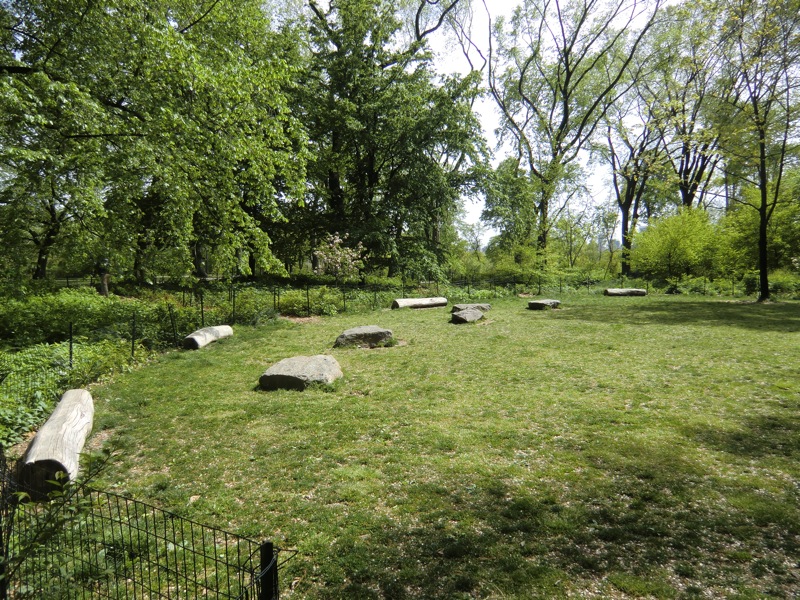Big Fracking Deal
Think of natural gas as the methadone of our fossil-fuel addiction. It’s cheaper than oil and therefore more addictive. It’s cleaner than coal so we can feel good about using it. And there is lots of it so we can take it until we drop dead. In Pennsylvania, dubbed the “Saudi Arabia of Natural Gas” because of its massive Marcellus shale deposits, 60,000 new wells are forecast by 2030. They will require clearing thousands of acres of woodlands, threaten the forest habitat of countless species, and have a multi-dimensional impact on fresh water: drilling a well requires hundreds of thousands of gallons; gas companies contend the chemicals they inject are a proprietary secret; and hundreds of wells will be drilled near the state’s cleanest streams. A chemical engineer friend told me that, while the technology exists or soon will for safe fracking, he doubts many oil and gas companies will use best practices. Meanwhile, stories of both human and environmental contamination pile up.
In the face of risks that are both huge and still largely unknown, the gas rush intensifies because the money is mind-boggling and the oil companies have enormous economic and political power. They spew the usual mantras: jobs, growth, dependence on foreign oil – although, as my son Jake pointed out, the U. S. is a net exporter of oil products.
As Bill McKibben wrote in a recent article that will wake you up, as long as the big energy companies control the public debate, little will change, and our addiction will end like all other addictions . . . badly.


